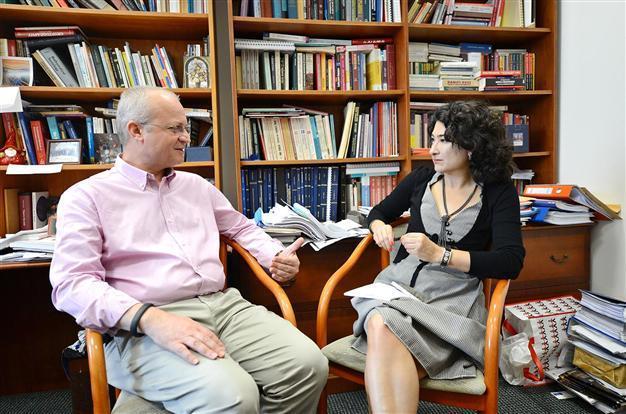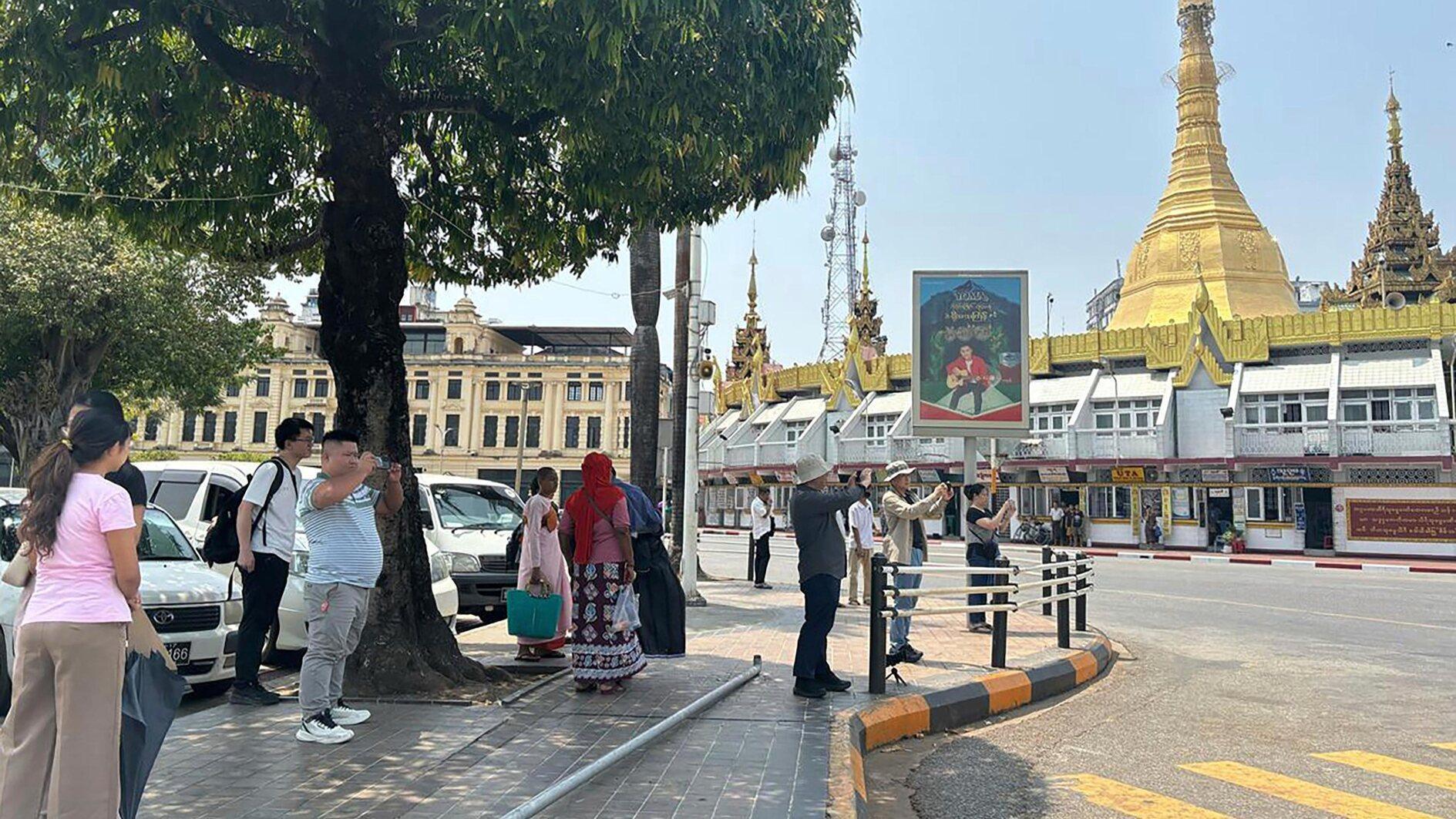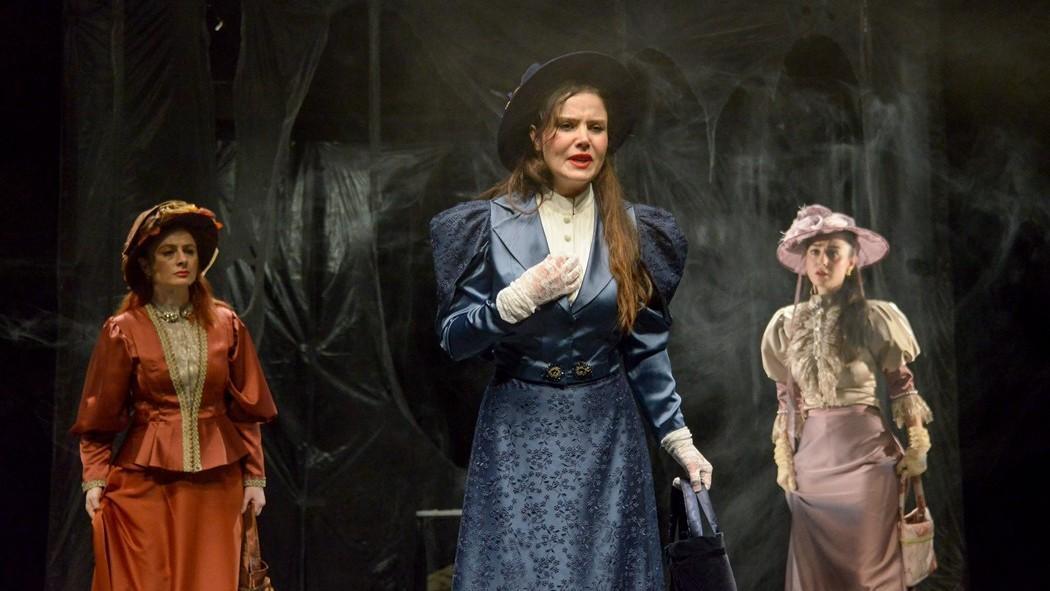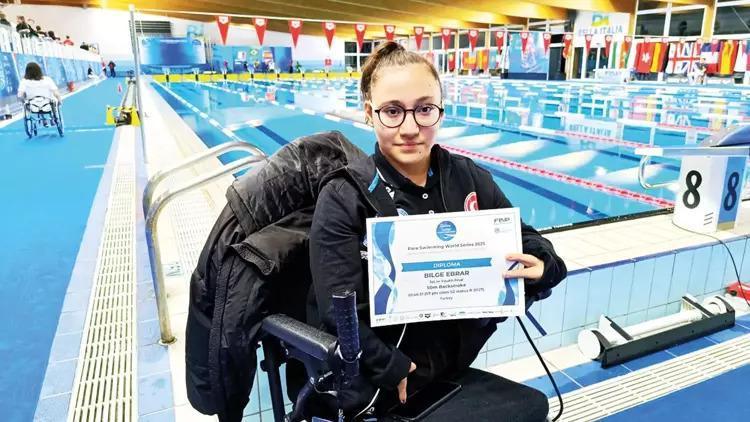Turkish people are naively proud of themselves, survey shows
Barçın Yinanç ISTANBUL

HÜRRİYET photo, Levent KULU
Turks are proud of their country’s accomplishments even though there is no empirical evidence to justify this feeling, according to the findings of a new survey. “Turks are proud but they don’t know why,” said Professor Ali Çarkoğlu of Koç University, who conducted the survey together with Professor Ersin Kalaycıoğlu of Sabancı University.The findings of the survey, “Nationalism in Turkey and the World,” which was conducted as part of the International Social Survey Program, revealed that religion is the primary factor shaping Turks’ national identity.
The survey suggests Turks are rather self-centered and there is a lack of feeling of international solidarity. This seems contradictory when we look at the reaction in the public about the Gaza bombardment.
The ruling party elites have increasingly become globalized. In every part of the world, the AKP [Justice and Development Party] leadership promised and delivered on being active. However, when it come to the masses, first of all, foreign relations are extremely complicated; people find it extremely difficult to comprehend what is happening in the outside world unless the leader simplifies those relationships.
In addition, this is a country that is increasingly becoming more open to the outside world, but we are not yet like the Swedes or the Germans. Many Turks do not have any direct link with the outside world. A typical Turkish family citizen would not have had gone outside the country. The Turkish public at large is very parochial – parochial in a sense that life revolves around the family and the neighborhood, and that’s basically it. Beyond that first circle, there is not much going on in the Turkish public psyche; as such, politicians also use this in an almost official line of argument that “The Turk has no friend but the Turk.”
Although Turkey has been opening its economy to the world, the public is largely ignorant of that. Your survey suggests that citizens are not fond of globalization, but the country seems to have benefited from that.
People have been very proud of the economic accomplishments of especially the last decade or so. People are very impressed by, let’s say, the construction business for instance; the whole landscape of the country has changed.
But from the perspective of policy preferences, there is also an unease about the market system. We have never found in our surveys any support for privatization, for instance. We have never found any support for a smaller government role in regulation. People want strong government intervention. People want the state to be active in economic life.
People tend to see international competition as a threat, they tend to see the market system as insecure; they want protection. We have never found any popular public support for free-market economy policies despite the fact that Turkey has grown quite successfully primarily due to those policies, but the linkage in the minds of the people to the success of the free-market economy is very weak. They think that if the economy is doing well, it must be because of something that the state is doing correctly.
So there is a disconnection between what people believe and the reality on the ground. People are, for instance, proud of Turkey’s scientific accomplishments according to the survey, but you claim there is no such empirical evidence to justify this pride as there is no such big accomplishment.
Being proud of something is the easiest thing. We have no Nobel Prize winners in physics, chemistry and the natural sciences. Our universities are only just beginning to get into the top tiers of academia, and we have a long way to go to compete with the rest of the world. If you listen to the political elite you always hear this strange sense of pride in accomplishments. For instance with the World Cup: The prime minister argued that Turkey should have been there. There are countries with 4 million or 5 million people at the World Cup, and Turkey, with 70 million, people should have been there. This is a line of argument that totally neglects merit and true competitiveness and almost attaches a self-assured right to the basis of just being as populous as Germany, meaning Turkey should also play at the World Cup. But if you can’t win any games, then you can’t be at the World Cup. So I basically do not have a well-rounded theoretical framework to explain why Turks are so wrongfully proud of their accomplishments.
But this is a very difficult line of argument to make as well. Should I claim that Turkey should not be proud of their national accomplishments? That’s also not a justified argument.
But you have to have a real reason to be proud, otherwise you would be delusional.
A: In the last 10 years the [number of] universities in Turkey has doubled; this is something to be proud of. Turkey is providing more public university seats than ever; four generations ago, being a university graduate was a dream, now everybody thinks they can be a university graduate. Is this an accomplishment? Yes. Should we be proud of that? Some might be proud; some might not see this as an accomplishment. I don’t want to make a subjective judgment that this is unjustified pride. This is just a reflection of public attitude, and public attitudes need not have any solid bases that everybody would agree on.
Tell us what the survey says in general.
Turkey is a parochial nation despite the government being very active. People are also a bit uneasy by the global challenges and threats. They see them not only as challenges but threats, too. For instance, migrants especially after the Syria crisis are now slowly being seen as a threat, as a source of insecurity. But even before the Syrian crisis, although Turkey was not an immigrant-receiving country, Turks were still under the surface quiet uneasy about incoming refugees and the incoming migrant population. It is also sign of continuing parochialism; on the other; those who don’t speak our language are a source of threat.
And the survey also says we are proud of our national accomplishments. We don’t know why. Let’s say we are naively proud. But being proud is the easiest answer.
Any other example of parochialism?
People don’t feel close to Europe or to the Middle East; they basically feel close to only themselves. This global identity is something strange to Turkish mind. Turks are Turks and one striking fact is that we [asked] if everybody would be a Turk, would the world be a better place, and Turks gave a very high rating. No self-criticism whatsoever.
Where does Turkey differ from the rest of the world, according to the survey?
One issue that differentiates Turkey from the rest of the world is that our national identity is primarily shaped by religious identity. What makes a Turk a Turk is not so much due to ethnicity, or the language people speak, but is primarily about being Muslim.
What does this tell us?
It means this is a very homogenous country. People are not used to this idea of religious minorities. We just don’t have it or we don’t want to talk about it. Numbers are predominantly in favor of one group, and that group is not aware of the fact that other groups exist and that they have rights. This issue of majoritarian understanding of a democracy has been accepted without any question in this country. This is being reflected in these answers as well.
When push comes to shove, people tend to say that whoever is in the majority should have the final decision. That’s unfortunate as it is, but this is the finding in many instances.
Another finding is that Turks don’t think they have done anything wrong in the past.
Turkey did not have the historical experience of having lost a Cold War or a World War II. Why should we be ashamed of anything? That’s the nature of the public at large.
The only reason why we could be ashamed of something is when a debate takes place, but there is not such a debate about critical historical developments. The regular citizen in the street says, ‘I have heard nothing; there is nothing to be ashamed of.’
The mass public is not used to having a true, whole-hearted debate where everyone’s opinions are heard and respected. First, we don’t hear alternative views; when we hear the alternative arguments, they are almost always severely punished and silenced. It is always safer for a layman to give a publically accepted view.
Who is Ali Çarkoğlu

Professor Ali Çarkoğlu is currently the dean of the College of Administrative Sciences and Economics at Koç University.
He earned his MA from Boğaziçi University and PhD from SUNY-Binghamton.
His fields of interest are comparative politics, voting behavior, electoral behavior, political parties, public opinion and foreign policy.
He is a member of the Science Academy and recipient of, among others, the Elizabeth H Nelson Prize for the best conference paper from a ‘Society in Transition,’ World Association for Public Opinion Research (WAPOR).
He has co-authored several books and articles, including ‘Media and politics in Turkey,’ ‘The Rising Tide of Conservatism in Turkey,’ ‘Politics of Modern Turkey’ and ‘The Political Economy of Regional Cooperation in the Middle East,’ published by Routledge
















